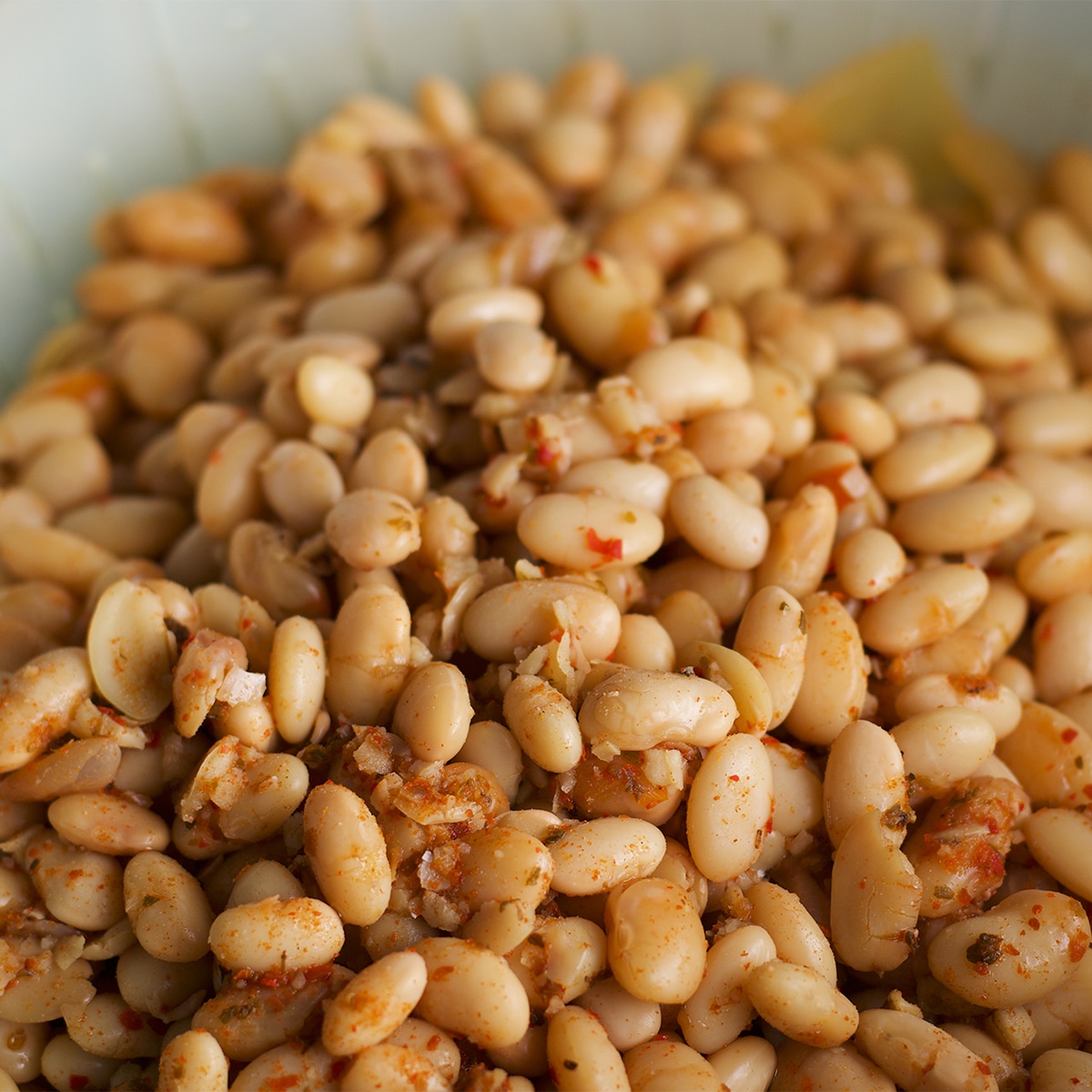
Whether you're serving beans with soup or pasta, adding herbs to your dish can improve its taste and nutritional value. Here are some of the best herbs to use in your bean dishes.
If you want to add flavor to your beans, start by seasoning the soaking water and cooking water with salt. Next, cook them with aromatic vegetables and herbs.
Thyme
Thyme is an herb that’s used for many different foods, especially when it comes to dishes with beans. It adds an extra dimension to soups, stews and casseroles that are made with beans like kidney or pinto beans.
It also tastes good with eggs and tomatoes. Try adding a few sprigs of thyme to omelets or scrambled eggs for an added kick.
You can buy fresh thyme in the produce section of your supermarket year-round or dried leaves in the spice aisle. You can also find thyme at your local farmer’s market or farm stand.
Basil
Basil, a leafy herb that’s most common in Mediterranean and Asian cuisines, adds a sweet and spicy flavor to soups, stews and sauces. It’s a good source of vitamins and minerals, including magnesium and Vitamin K.
It also supplies plant compounds that give it a distinctive aroma and flavor. These compounds have antioxidant, anti-inflammatory and other health properties.
Whether fresh or dried, basil is an easy and versatile addition to any kitchen. And it may help kickstart your healthy eating plan.
Sage
Sage is an herb that adds flavor to many types of bean dishes. It also makes a great garnish for soups and stews.
Sage can be grown indoors from seed or cuttings. It's a great plant to have in the garden as it attracts beneficial insects while repelling pests, such as bean parasites and carrot flies.
In addition to sage's culinary uses, it has medicinal properties that are helpful for those with certain health conditions. For example, a clinical trial found that it can help people with diabetes lower their blood sugar levels after fasting.
Dried sage leaves can be stored in airtight jars. To make a sage tea, use 1 tablespoon of dried sage to 2 cups of boiling water. You can also mix fresh sage with honey to make a soothing herbal tea.
Coriander
Coriander, or Coriandrum sativum, is a member of the parsley family and is widely used in cooking. Its leaves, which are often called cilantro, have a refreshing, citrus-like flavor that makes them a great garnish.
Ground coriander is a common ingredient in curries, chutneys, and other spice blends. It’s also commonly used to make a dry rub for meats or as a pickling agent.
Like all spices, ground coriander loses its flavor and pungency over time so it’s best to store your powder in an airtight container. It can last up to two years, but will gradually lose its strength and pungency as it gets older.
Cumin
Cumin is a nutrient-dense spice that can add flavor and depth to your bean dishes. It contains a number of beneficial plant compounds that can help you manage type 2 diabetes, improve your gut health, ease digestive issues, and reduce cholesterol levels.
It’s also a rich source of iron, one of the most important nutrients for both men and women. Adding cumin to your meals will boost your daily iron intake, helping to keep anemia at bay and reducing the risk of developing chronic disease.
Cumin is a member of the parsley family, which includes other herbs such as parsnip, carrot, and cilantro/coriander. This herb is a warm-season annual, native to the eastern Mediterranean and the Middle East, but now cultivated throughout the world for its seeds.
Frequently Asked Questions
What spices assist in recovery?
The use of spices to aid in healing is an ancient practice dating back centuries. Many spices have been used for their medicinal properties, including ginger, cinnamon, cayenne pepper, turmeric, and garlic. Each of these spices has unique benefits that can help with various health issues.
Ginger is known for its anti-inflammatory and antioxidant effects and can help reduce inflammation in the body. It can also be used to soothe an upset stomach or relieve nausea.
Cinnamon has been found to have a wide range of medicinal properties, including antiseptic, antifungal, antimicrobial, and antioxidant agents. It is even believed to help regulate blood sugar levels, making it beneficial in helping prevent diabetes.
Cayenne pepper has been used for centuries as a natural pain reliever and anti-inflammatory agent. It is also thought to increase circulation and metabolism, which can help the body heal more quickly.
Turmeric is an herb that contains curcumin, a powerful antioxidant. Curcumin is beneficial in treating various conditions, from arthritis and neurological disorders to cancer.
Garlic is packed with nutrients and has many health benefits. It can help reduce inflammation, act as antibiotic, lower cholesterol levels, and even boost the immune system.
These spices are all-natural ways to help the body heal and improve overall health. They can all be easily incorporated into food or taken in supplement form for convenience. While spices alone won't cure any ailments, they can play an essential role in aiding healing.
In addition to spices, there are also other natural remedies for healing, such as herbs, essential oils, and homeopathy. Research has shown that many of these remedies can be effective in treating a variety of conditions. If you're looking for an alternative to conventional medicine, consider incorporating some of these natural remedies into your health routine.
Which plant has antibiotic and wound-healing properties?
People often ask about plants that have medicinal uses. Some of these include aloe vera, eucalyptus, chamomile, and lavender. If you're wondering why there aren't any plants used for cleaning and disinfecting purposes, it's because most plants have toxic qualities.
The reason why we use herbs for medicine is that they contain compounds that stimulate our immune system. This means that they help us fight infections and heal wounds.
Some plants also have anti-inflammatory properties. These include ginger, turmeric, and mint.
Herbs such as basil, fennel, marigold, and oregano are great for cleansing the body.
There are even some plants that help prevent cancer. Research shows that black raspberries may reduce the chances of developing breast cancer. The same goes for broccoli. It can help prevent colon cancer.
What spice is good for inflammation?
Turmeric is one spice that can be beneficial for reducing inflammation. It contains the active ingredient curcumin, which has been studied extensively and shown to have anti-inflammatory effects on the body. Other spices like ginger, cinnamon, cayenne pepper, garlic, and cardamom may also reduce inflammation in the body. Adding these spices to your diet can help reduce inflammation and promote overall health.
Another spice that can be used to reduce inflammation is black pepper. The active ingredient in black pepper, piperine, has been studied and found to have anti-inflammatory properties. It may also help reduce pain associated with inflammation. Additionally, the spice contains antioxidants which are beneficial for overall health.
Adding black pepper to your diet may help reduce inflammation and promote overall health. Be sure to talk with your doctor before adding any spice to your diet, as some spices may interact with your medications or supplements. Eating various healthy foods, including spices with anti-inflammatory benefits, can help keep your body balanced and reduce the risk of chronic inflammation-related illnesses.
In summary, adding spices to your diet can be beneficial for reducing inflammation and promoting overall health. Spices like turmeric, ginger, cinnamon, cayenne pepper, garlic, cardamom, and black pepper have all been studied for their potential anti-inflammatory effects.
Which plant can heal wounds?
Plants are amazing creatures. They grow, they live, and they die. They make food, clean our air and water, and help keep us healthy. But plants also do more than that...they heal wounds.
Plants release molecules called phytochemicals when they are injured. These chemicals act as antioxidants, which protect cell membranes from damage and promote healing.
Phytochemicals found in plants include flavones (found in citrus fruits), terpenoids (present in mint leaves), and polyphenols (common in berries).
In addition to these protective compounds, plants contain proteins, vitamins, minerals, amino acids, fatty acids, and carbohydrates that support the body's natural processes of healing.
The best way to use plants to heal wounds is to consume them directly. However, there are ways to apply the power of plants to treat wounds without eating them.
First, soak a cotton ball in an extract from the St John's Wort herb. This product contains salicylic acid, which helps reduce inflammation.
Next, place the soaked cotton ball on the wound. Avoid applying the herb directly to open cuts, burns, or puncture wounds. If you feel any burning sensation, remove the herb immediately.
You may also find that placing a few drops of essential oil on the affected area promotes faster healing. Lavender essential oil reduces swelling and speed recovery; rosemary stimulates blood flow and increases circulation; peppermint relieves headaches and muscle aches.
If you want to try your hand at growing some of your medicinal herbs, here are some tips:
- Start with small pots, so you don't end up with too much of one particular type of plant.
- Grow several different types of herbs together. The same goes for flowers and vegetables. Mixing it up will ensure you get all the benefits of each plant.
- Use organic fertilizer if you're growing your herbs indoors. Non-organic fertilizers may be harmful to your health.
- Harvest regularly. You'll enjoy the freshness of homegrown herbs, but leave enough time between harvests to allow the soil to replenish itself.
- Be careful not to overwater your plants. Overly wet soil encourages mold growth, which isn't suitable for your herbs.
- Wash your hands after handling your herbs. You don't want to risk spreading bacteria onto your plants!
What are the disadvantages of using herbs?
Herbs are a great way to keep your body healthy because they contain vitamins, minerals, antioxidants, enzymes, amino acids, phytonutrients, polyphenols, flavonoids, terpenes, essential oils, carotenoids, sterols, and sterolins. Some even contain cannabinoids.
But there are also lots of side effects associated with herbal remedies. For example, taking too much herb could cause liver damage or even death. Herbal supplements may interact with prescription drugs, which means that they might affect how well the drug works.
Some herbs can interfere with blood clotting, while others may increase bleeding when taken with anticoagulants (blood thinners).
There are also safety concerns for pregnant women and children.
The bottom line is that herbs aren't safe for everyone. If you're considering trying them out, do your homework. Look up each product's side effects and warnings and read reviews online.
Is basil good for kidneys?
The answer is yes. Basil is an excellent food for kidney health. It contains potassium which helps reduce high blood pressure. It also contains vitamin K, which is essential for bone strength. As well as this, it is rich in antioxidants which help protect against heart disease.
Basil is great for digestion too. It contains digestive enzymes that break down protein and carbohydrates. This makes it easier to absorb nutrients from your meals.
Basil is a wonderful addition to any diet. Try sprinkling some over pasta dishes, salads, soups, and sandwiches. Or add little stir-fried vegetables, chicken, fish, meat, and tofu.
It's delicious in pesto sauce and fresh in salad dressings. You'll find many recipes online where you can learn how to cook with basil.
Try making basil oil by adding a few drops of pure olive oil to a jar filled with chopped basil leaves. Let it steep overnight, and then strain out the leaves. Use the oil as a massage oil or rub it onto your skin.
It will leave your skin soft and smooth.
Statistics
- The herbs market is highly competitive, with over 1,000 herb suppliers and over 15,000 herbs products available in the United States alone.
- The global herbs market is expected to reach more than $125 billion by the end of 2025.
External Links
mskcc.org
- Ashwagandha | Memorial Sloan Kettering Cancer Center
- Grape Seed | Memorial Sloan Kettering Cancer Center
ncbi.nlm.nih.gov
- Antioxidant capacity of 26 spice extracts and characterization of their phenolic constituents - PubMed
- Cinnamon: A Multifaceted Medicinal Plant - PMC
doi.org
pubmed.ncbi.nlm.nih.gov
How To
How to use herbs safely?
Many people think that herbs should only be used under medical supervision because they believe that some herbs are poisonous. However, this is not true.
Many herbs have long histories of safe use. For example, garlic has been used for thousands of years to fight infections. It's also been shown to lower cholesterol levels and reduce high blood pressure.
However, if you're pregnant or nursing, avoid taking certain herbs. You should also avoid them if you suffer from allergies or sensitivities to herbs.
You can do several things to ensure you get the best results from your herbs and supplements. First, always read labels before consuming anything containing herbs or spices. Second, take the lowest dose recommended on the label. Third, don't use more than one supplement at any given time. Fourth, talk to your doctor about how to combine specific herbs and supplements. Finally, keep track of your consumption to know whether you need to adjust your dosage.
Resources:
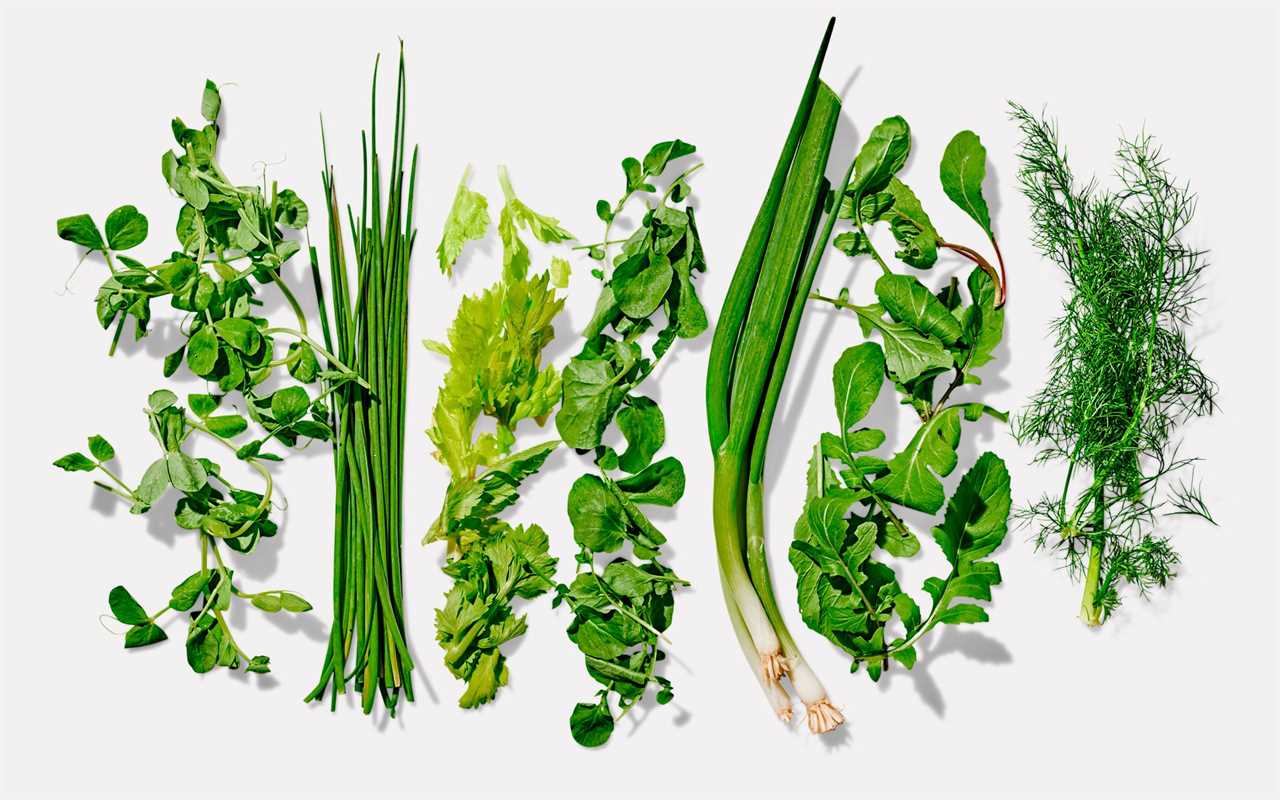 |
How to Grow Herbs for FREE From The Grocery StoreA truly free way to getting plants from the most unsuspecting place - the grocery store. This isn’t a gimmick, and it isn’t clickbait, it truly works and I |
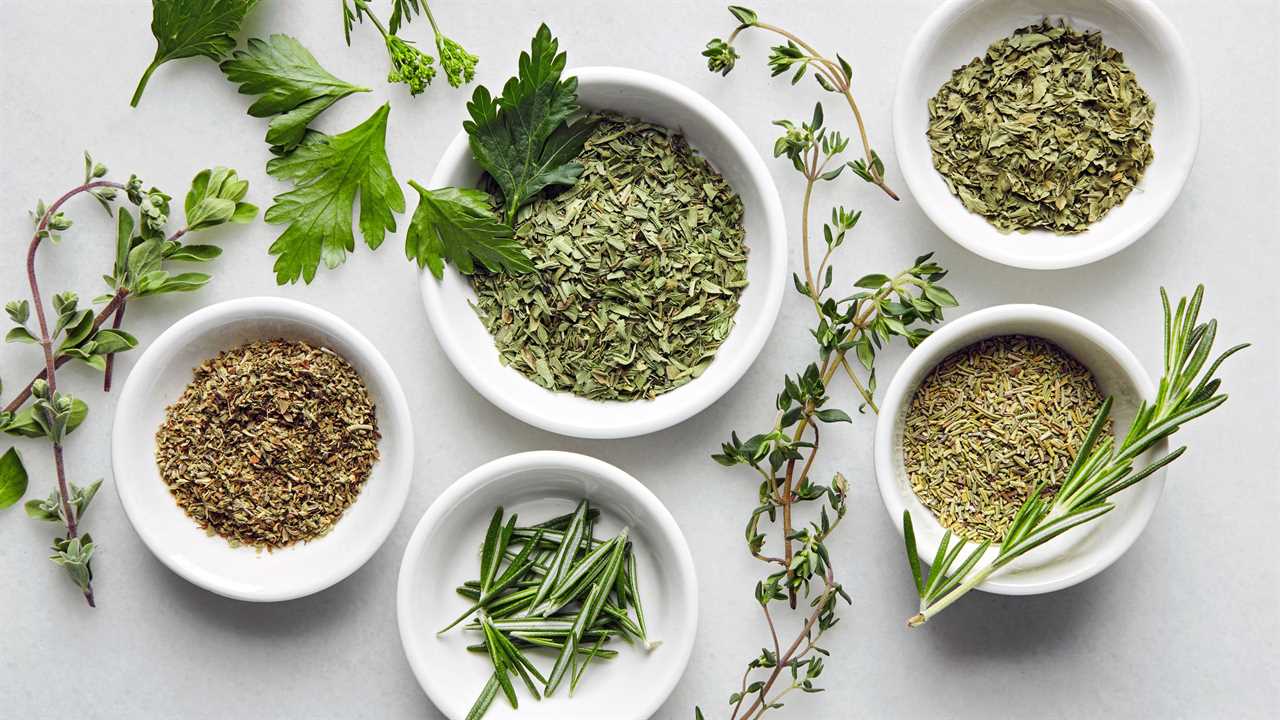 |
12 Cooking Herbs every Cook should know about !Who are they ? How to identify them ? What to cook with them ? All the answers in this video. Culinary herbs ( aka Aromatic herbs ) are a perfect way to add |
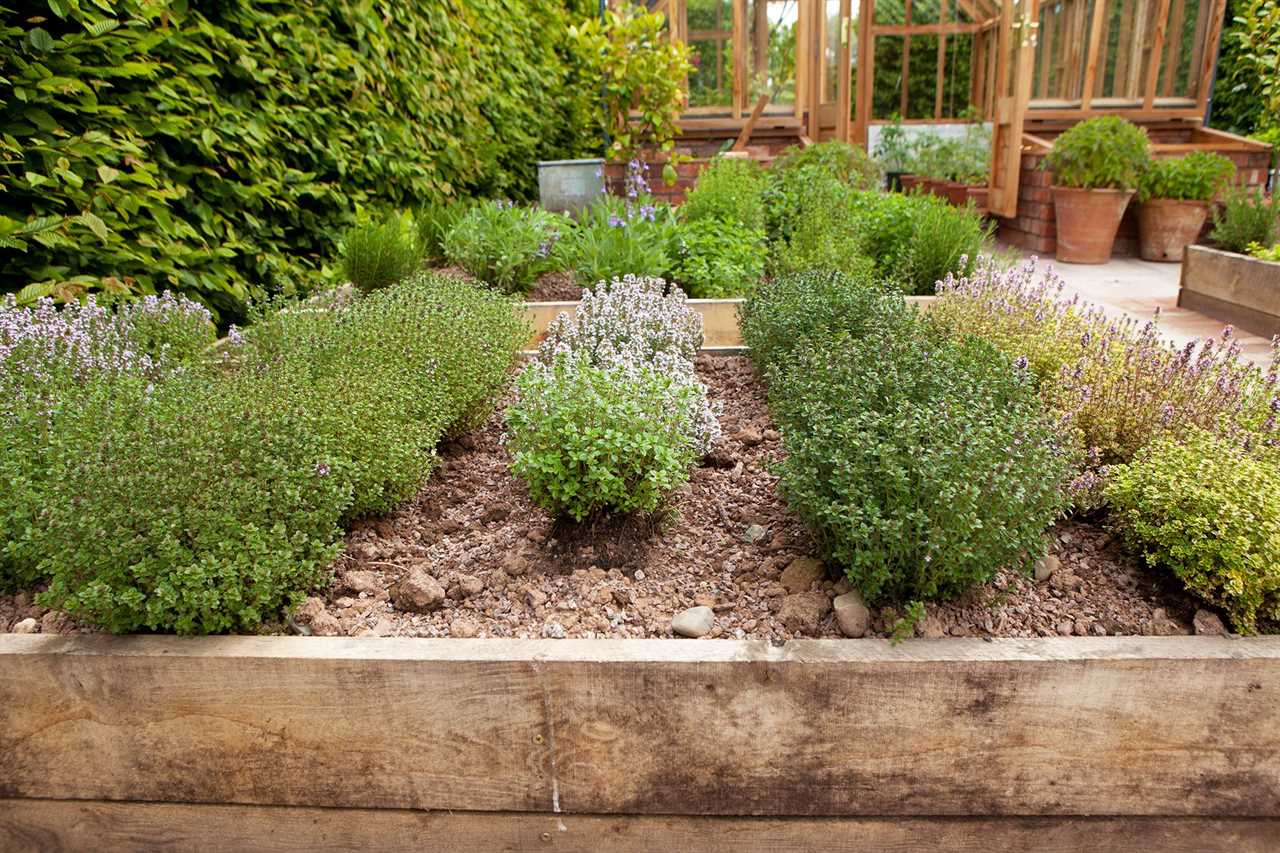 |
Juliette of the HerbsJuliette of the Herbs |
 |
10 Tips To Clear Blood Clots (Naturally)In this video we explore 10 tips to clear blood clots naturally to protect against strokes, heart attacks, deep vein thrombosis etc.. The human body is |
 |
8 of my Favorite Herbs to use to Sleep| How To Sleep Better With These 8 Natural Herbs | Good Sleep8 of my Favorite Herbs to use to Sleep| How To Sleep Better With These 8 Natural Herbs | Good Sleep Get 15% off your first purchase of Dr. Peace Lily's |
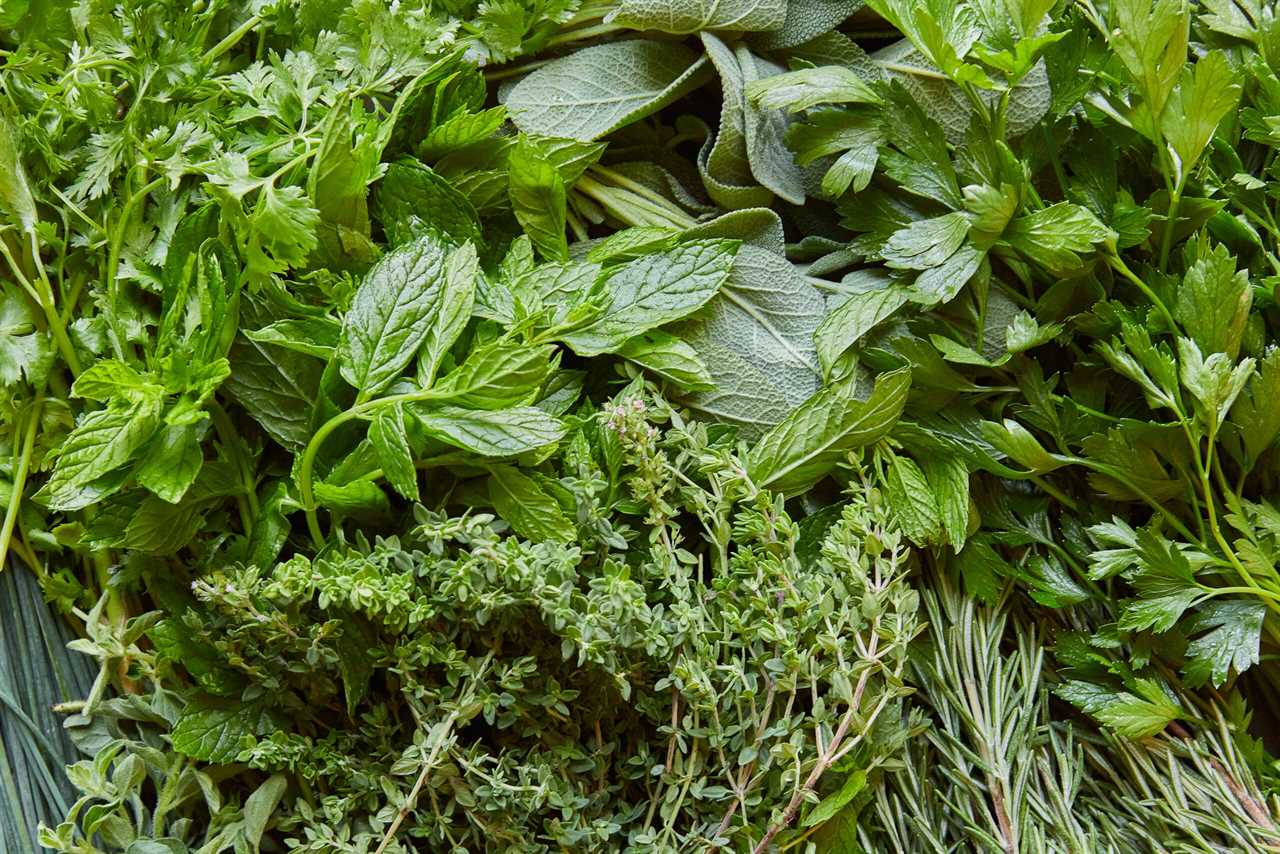 |
Going Through My Medicinal Herbs: Organizing the Apothecary part 1Take a little journey with me into my herb room, where I store my medicinal herbs. I'm in the process of going through these and my herbal preparations |
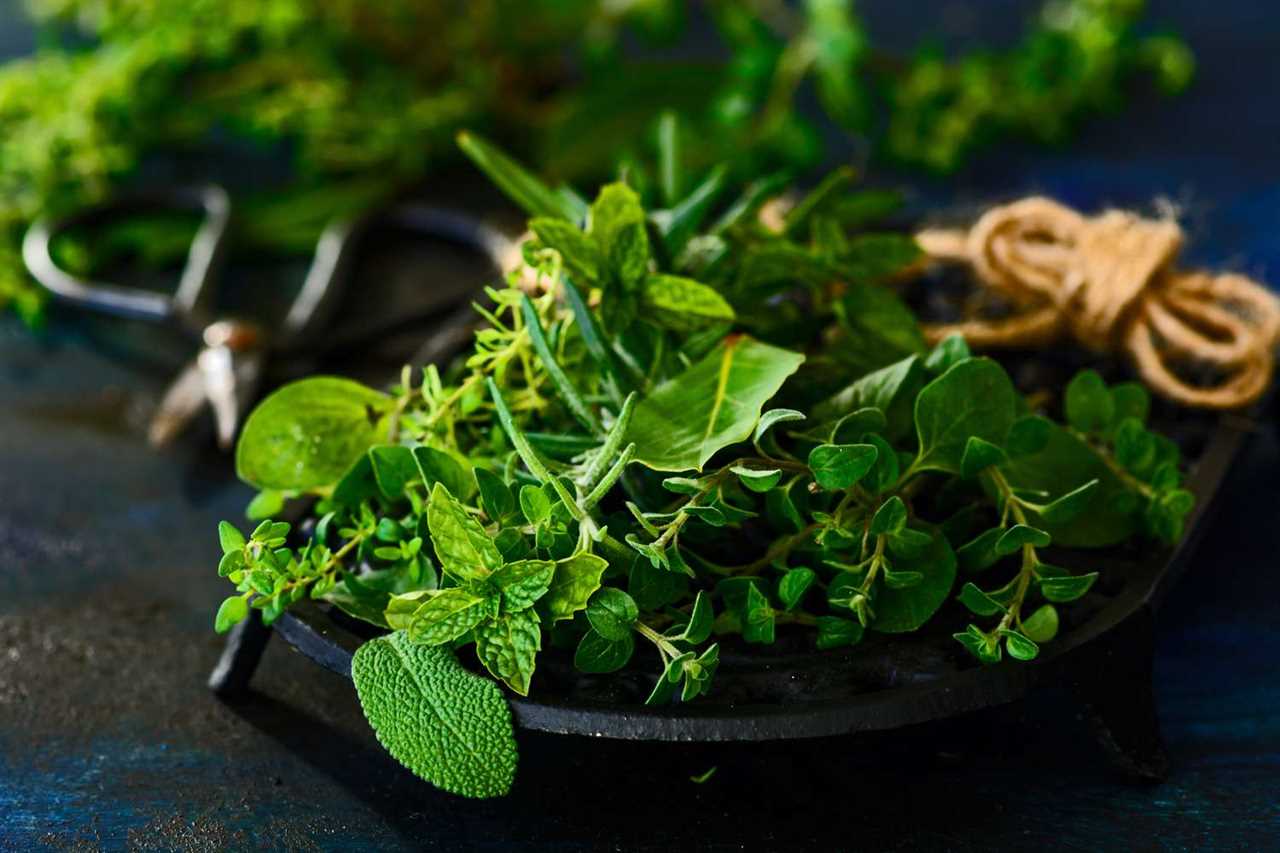 |
Food as Medicine with Master Herbalist Patrick DelvesAccording to Master Herbalist Patrick Delves, "People are bombarded with different sicknesses because of lack of knowledge and they are now slaves to the |
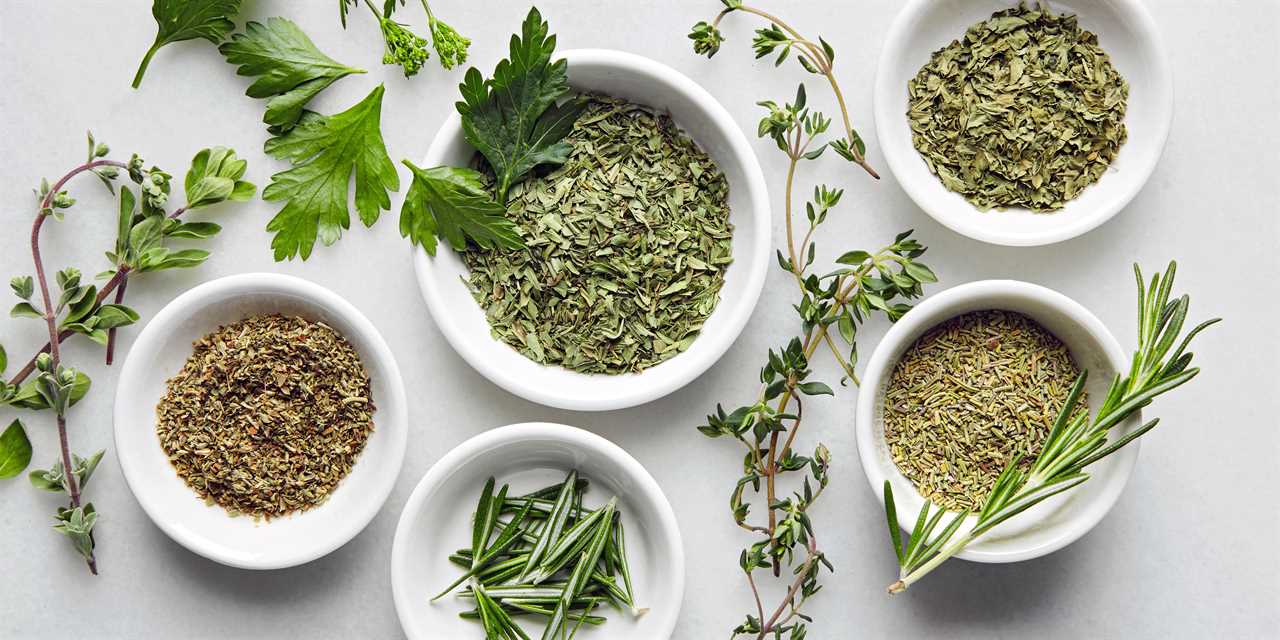 |
It''s starting, Bill Gates announces the next pandemic date and outbreak location | Redacted NewsWell Bill Gates and the WHO have ran a simulation of the next pandemic, coming soon to a government near you in 2025. The Johns Hopkins Center for Health |
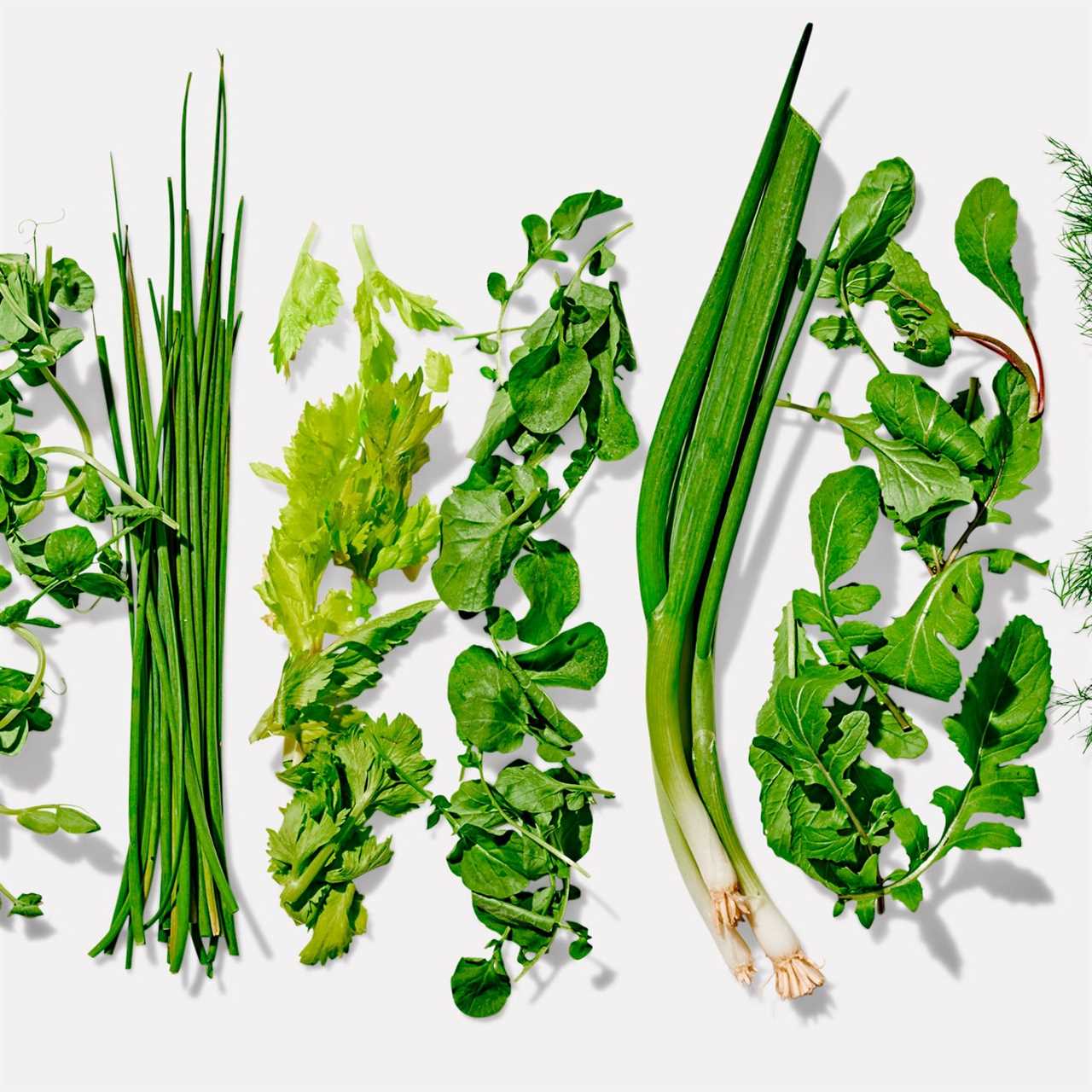 |
Everything Wrong with Dr.Berg’s Channel (The Amount of Misinformation is INSANE!)Go to https://thld.co/kettleandfire_abbey_0622 and use code ABBEY for 20% off a variety pack today! Thanks to Kettle and Fire for sponsoring today's video |
 |
How I Reversed 20 years of Arterial PlaqueClick this link for more Videos! https://www.youtube.com/channel/UCmoEsq6a6ePXxgZeA4CVrUw?sub_confirmation=1 The Demonization of Stati […] |
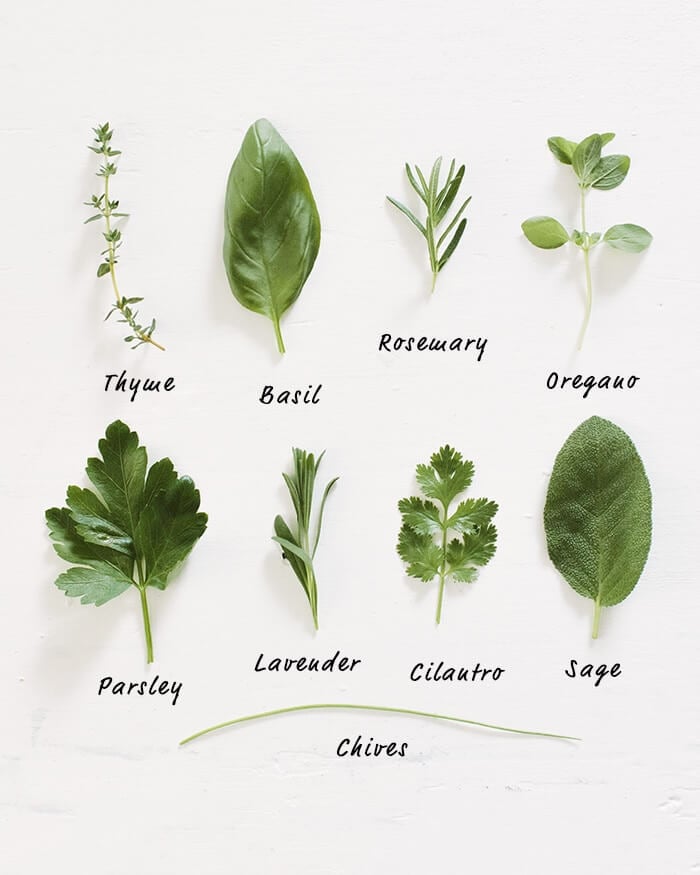 |
Tips For Dehydrating FoodsThe body reacts to dehydration by stimulating the thirst center, a powerful urge to drink fluids. However, if water intake does not match the amount.. |
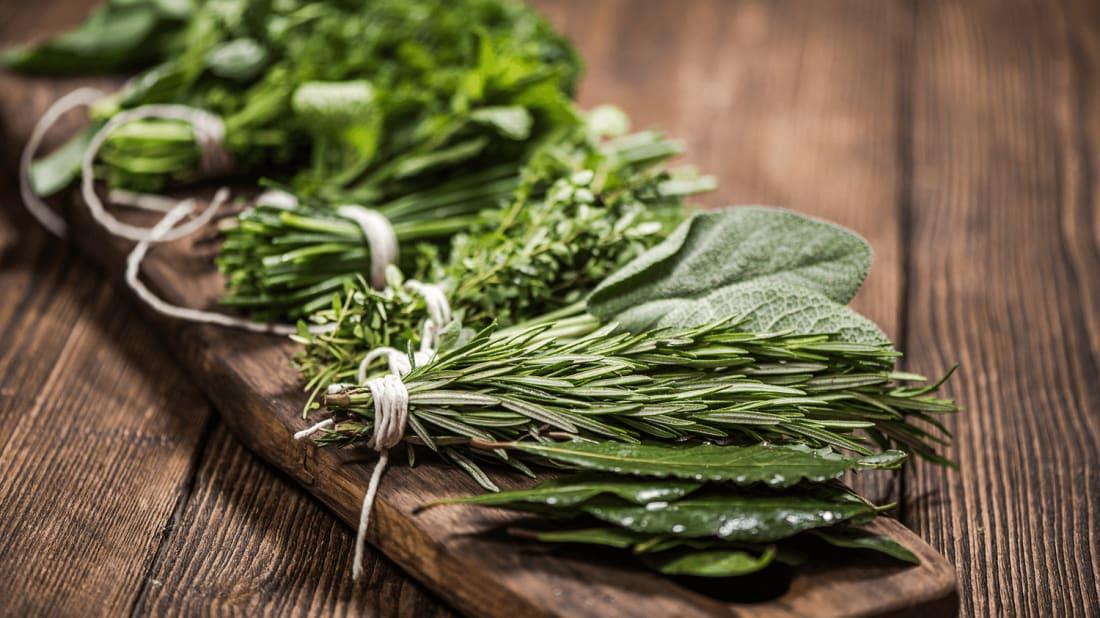 |
Join 10,000 Students Who Have Learned Herbs with Michael and Lesley Tierra - East West School of Planetary HerbologyLearn herbs from respected professional herbalists offering world-class herbalist training. The NEW Professional Herbalist Course includes courses on over 600 |
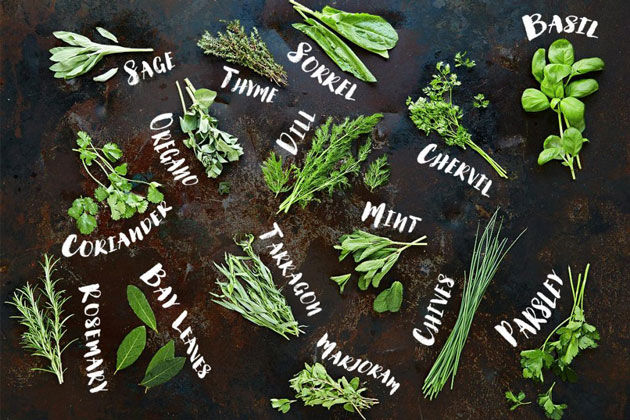 |
How to Get Your Hands on TurmericTurmeric is one of the best natural remedies available for many ailments, from arthritis to cancer. Its properties are known for its powerful.. |
 |
Slippery Elm and EssiacSlippery elm is native to eastern North America and has numerous uses, including the treatment of GERD and irritable bowel syndrome. However,.. |
 |
Health Benefits of DillDill is an annual herb in the celery family Apiaceae. It is the sole species of the genus Anethum and is widely cultivated in Eurasia. The herb is.. |
 |
Licorice Root Benefits and Side EffectsLicorice is a flowering plant of the bean family, Fabaceae, and it is used as a sweetening agent. The root of Glycyrrhiza glabra is extracted for its |
 |
What Are the Benefits of Green Tea?Whether you're trying to lose weight or simply feel better, green tea is a great way to get the benefits you're looking for. It contains catechins.. |
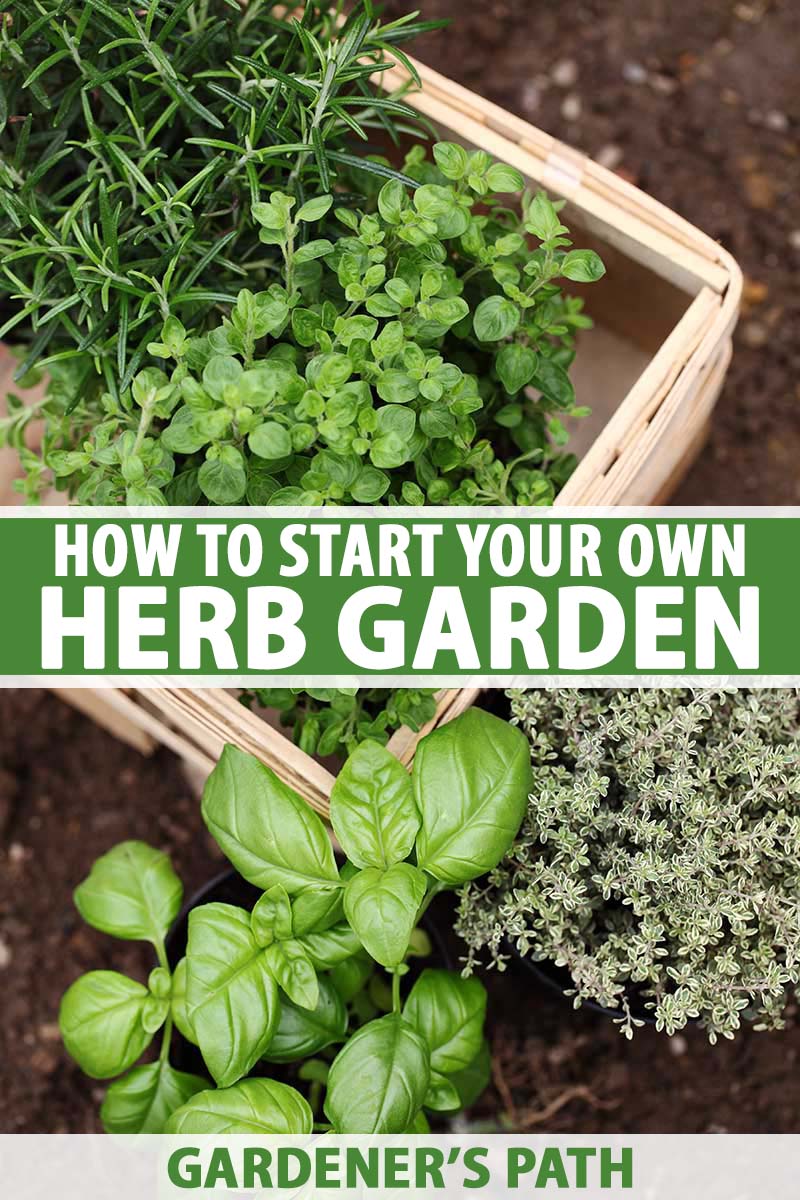 |
The Best Way to Chop Fresh HerbsTo properly chop fresh herbs, you should purchase them in a deep green color and smell fresh. You should then wash them well under running water and.. |
 |
Seasoned Baby PotatoesIf you're looking for a recipe for seasoned baby potatoes, you've come to the right place. Learn how to make seasoned potatoes with herbs and spices, |
 |
Health Benefits of Italian ParsleyBefore using Italian parsley, rinse it thoroughly under cool water. This will help remove any dirt or dust that may be attached to the leaves. Wrap.. |
 |
The Benefits of Herbal TeaHerbal teas are made from the infusion of plants and other plant materials. They are also known as herbal infusions or tisanes. Although there are.. |
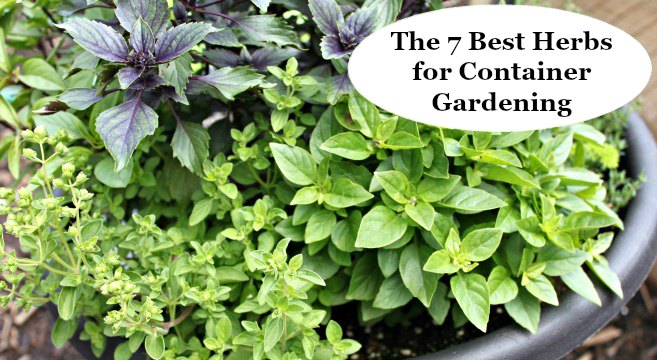 |
Herbs in Pots - How to Grow Delicious Herbs in PotsThere are many things to know when growing herbs in pots. The growing conditions, Containers, Soil amendments and watering are just a few of the.. |
 |
Choosing Annuals For Your Herb GardenIf you have ever wanted to have an herb garden, it is important to know that there are several important factors to keep in mind. Herbs require good.. |
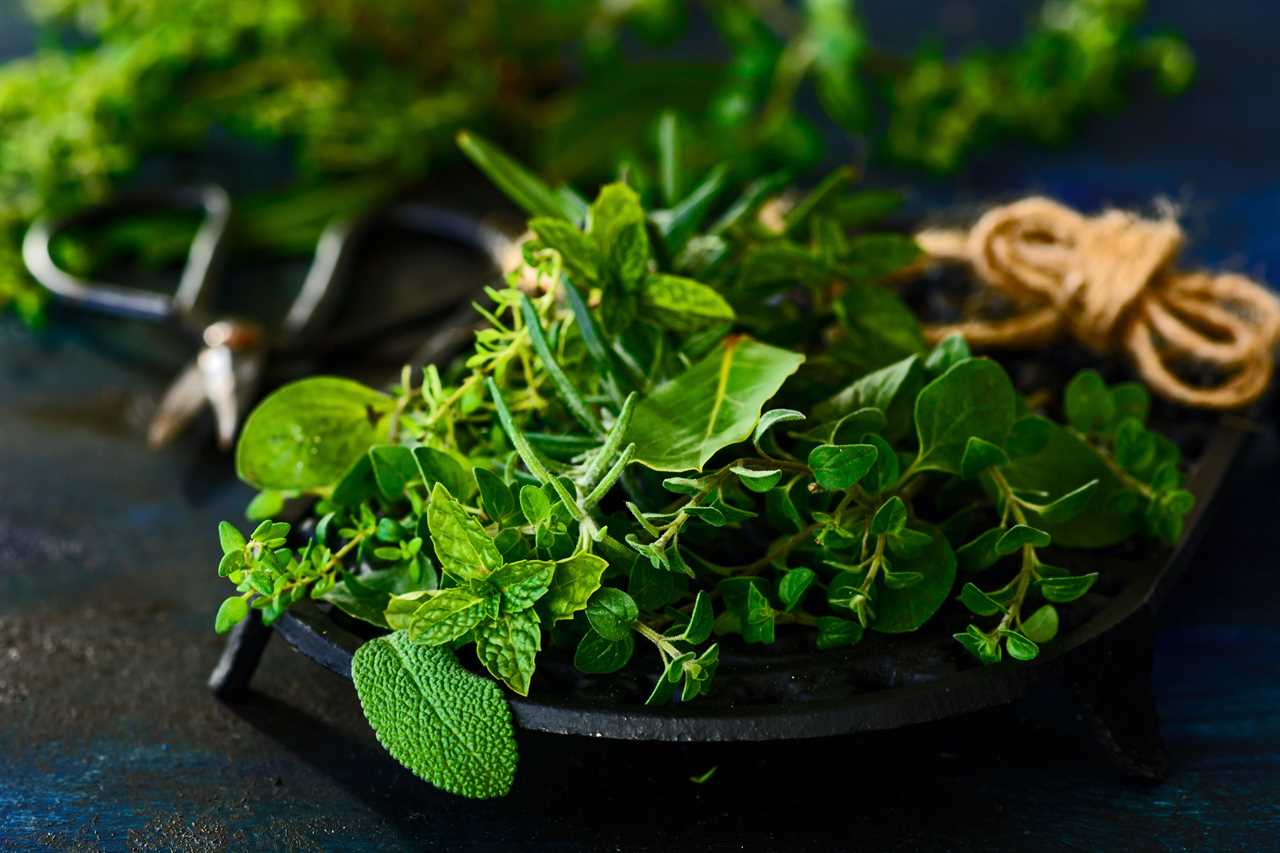 |
Home of HerbsFind out more about herbs and how to use them |
 |
The Advantages of Substituting Dried Herbs For FreshThere are many advantages to substituting dried herbs for fresh. They are cheaper, more potent, and less dusty. These are the reasons that I prefer.. |
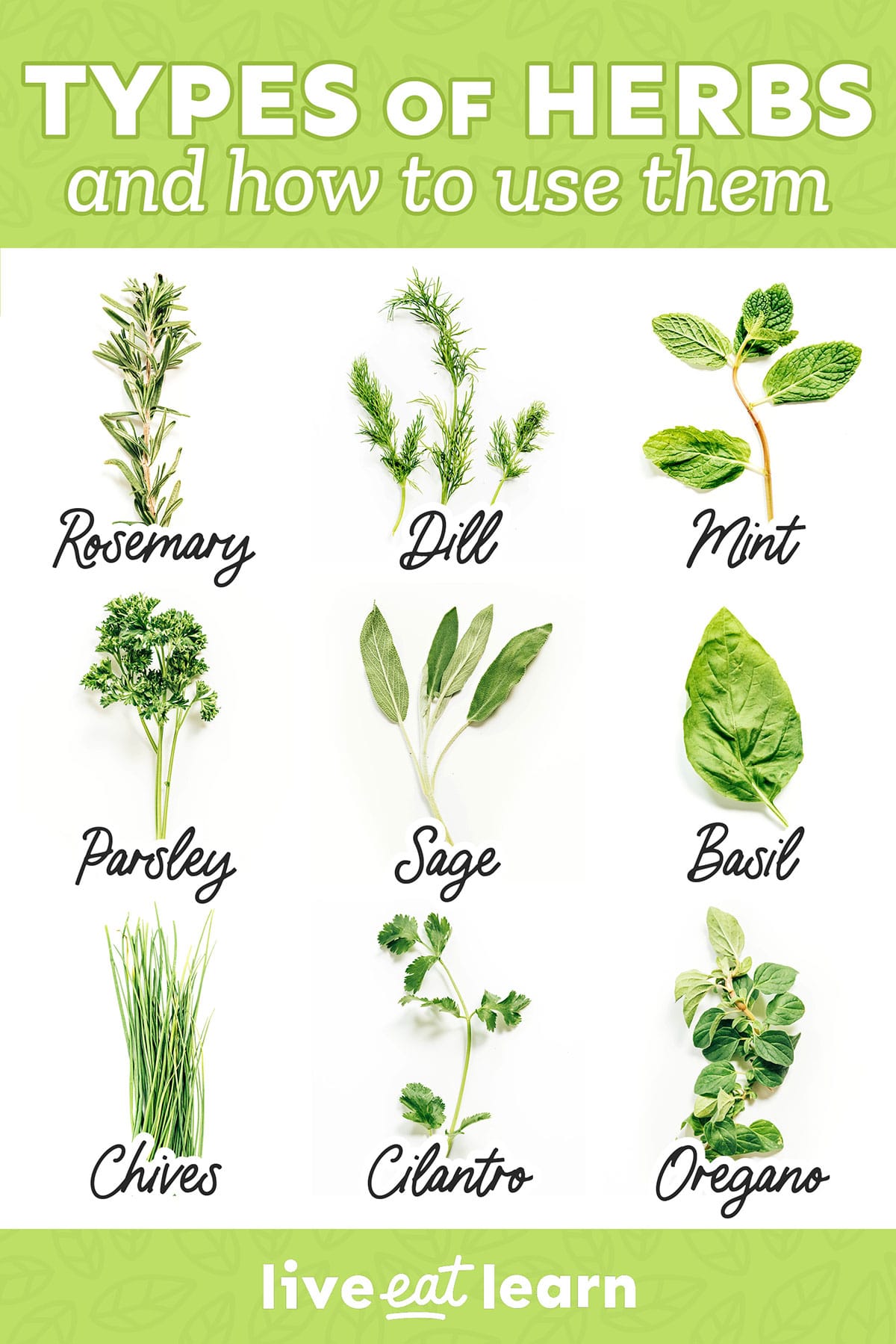 |
Substitute For Dried ParsleyIf you want to make a recipe without parsley, try using cilantro, dill, oregano, or sage instead. They are all delicious substitutes for dried.. |
 |
Herbs That Grow in WaterThere are several types of herbs that grow in water. These include Cilantro, Thyme, Oregano, and Lavender. Here are some tips to help you grow these.. |
 |
Perennial Herbs For Zone 4If you're in Zone 4 and are looking for perennial herbs, lemongrass and thyme are great choices. These plants thrive in cooler climates and can be.. |
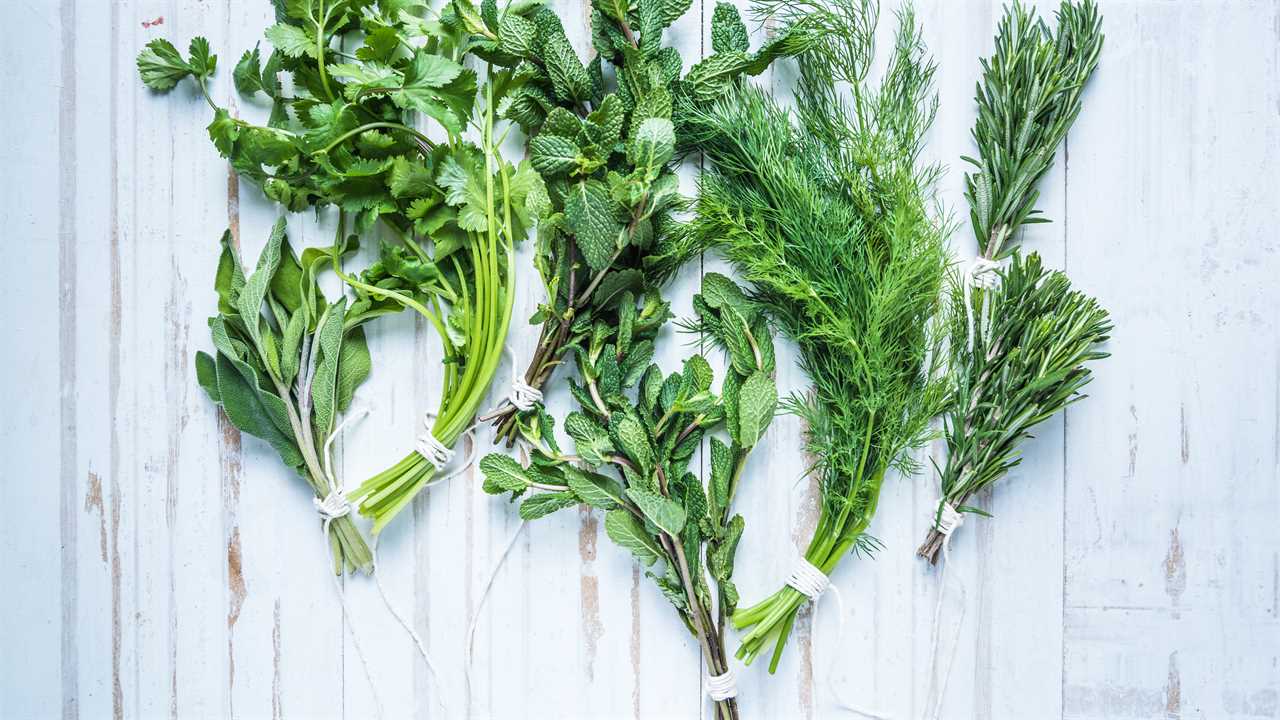 |
Tips For Growing MenthaA mint plant is a great choice for a water garden or small water feature. They have light lavender flowers, dark green leaves with purplish veining,.. |
 |
Medicine From PlantsThe use of medicine from plants has long been an essential part of traditional Chinese medicine. This ancient practice involved a wide range of plant |
 |
Ayurvedic Medicine Side EffectsAyurveda is an alternative medicine with historical roots in the Indian subcontinent. While its theory is considered pseudoscientific, it is still.. |
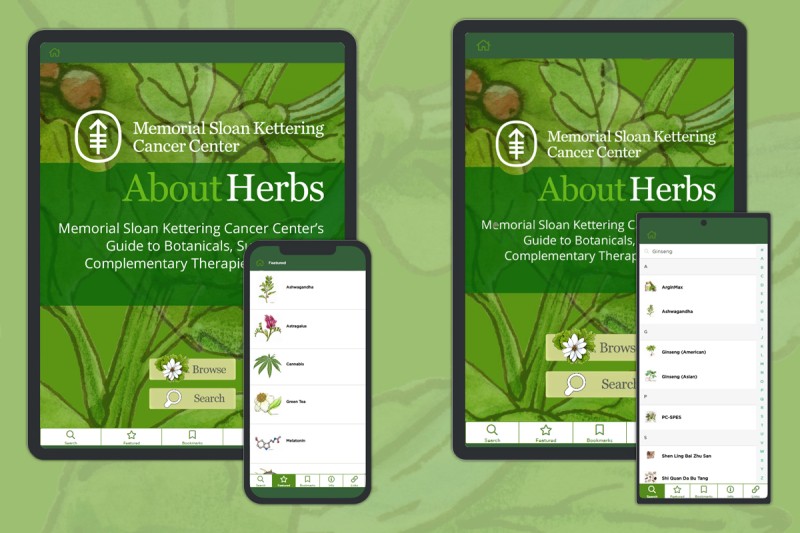 |
Growing Herbs IndoorsGrowing herbs indoors has a number of benefits, including increased yield and reduced watering. It can also be beneficial for people who are.. |
 |
6 Herbs High in MagnesiumMagnesium is an important mineral that plays an essential role in heart, brain, and musculoskeletal health. Since magnesium is required ... Read more |
 |
Citrus Bergamot vs. Red Yeast Rice: Similarities & Differences ExplainedCitrus bergamot and red yeast rice are two herbs compared to each other due largely to their potential to reduce ... Read more |
 |
Citrus Bergamot vs. Bitter Orange: Similarities & DifferencesCitrus bergamot and bitter orange are both popular herbs with health benefits for metabolism and weight loss. However, they both ... Read more |
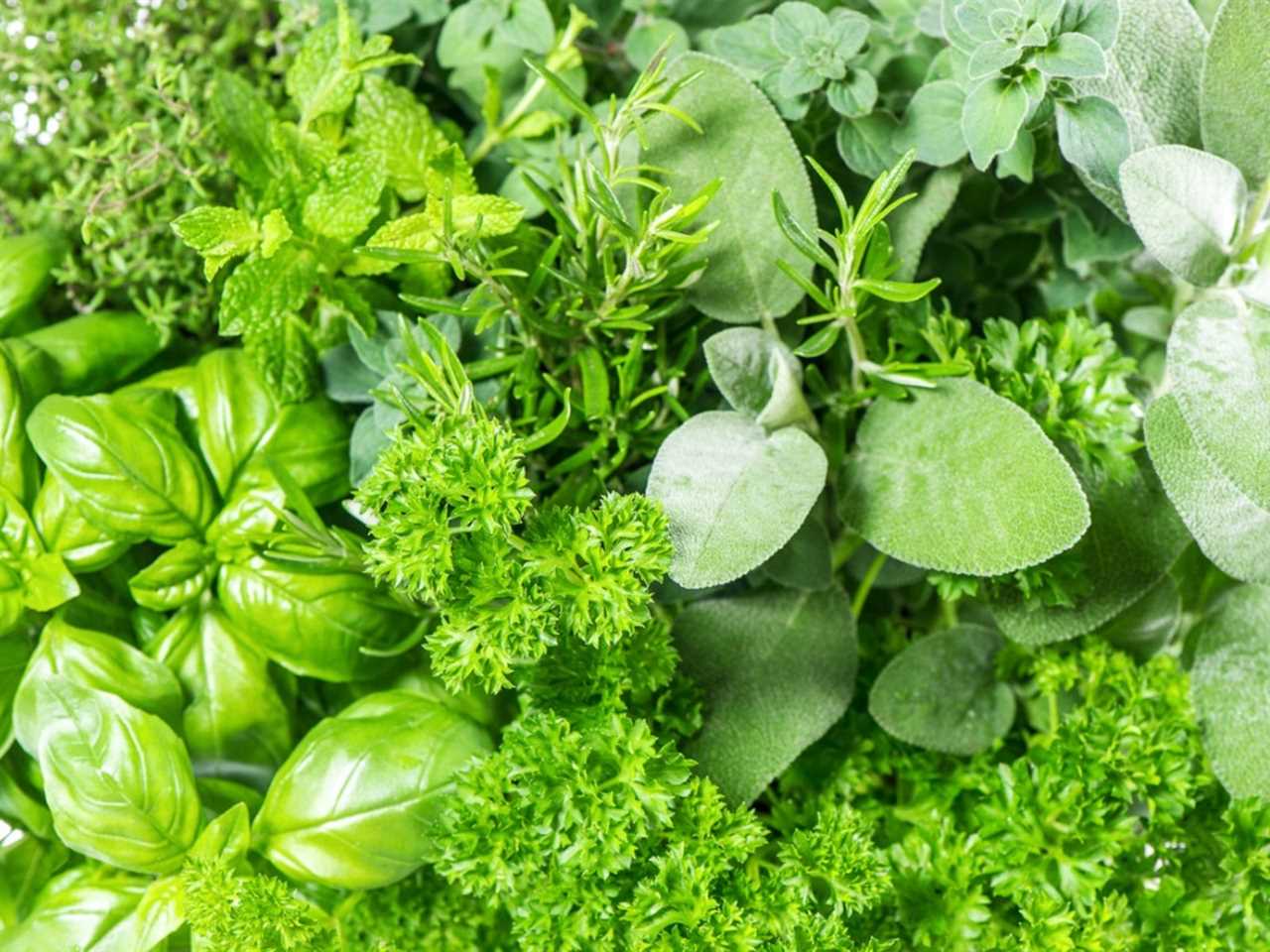 |
The Cup of LifeLike life, tea is what you make of it and The Cup of Life helps individuals enjoy tea in more than one way. Join me on my tea adventures through my blog! |
 |
6 Herbs High in ZincZinc is an important trace element that contributes to immune function, tissue repair, and gene synthesis. Since zinc is involved ... Read more |
 |
5 Herbs High in PotassiumPotassium is a mineral that plays a crucial role in maintaining overall health and wellness, especially for muscle and nerve ... Read more |
 |
Feb 14, How to Use Ground Ivy with Val AlcornIt’s always exciting to hear about a little-known herb with powerful medicinal action. Join this conversation about ground ivy with Val Alcorn! |
 |
Feb 21, Benefits of Calamus Root with jim mcdonaldJoin me and my friend and herbalist jim mcdonald as we discuss the benefits of calamus root, including clearing away mental cobwebs and enhancing your focus. |
 |
Mar 1, Cottonwood BenefitsJoin me in this episode all about cottonwood and find out why it has been used as medicine and to make a variety of tools for thousansa of years! |
 |
Mar 7, The medicine of calamus root (rhizome) and leaves with Karyn SandersIt was an honor and a deep pleasure to have this informative conversation about calamus root benefits with Karyn Sanders. Join us in this new episode! |
 |
Mar 14, Dandelion with Nancy PhillipsLet's sit down and discuss dandelion with herbalist and author, Nancy Phillips |
 |
Delicious Elderberry Syrup Gummies for Cold Flu & SleepElderberry syrup is immune enhancing and protective against colds and flu. It’s one of my favorite natural remedies for avoiding or beating the flu. These flu |
 |
Helpful Plant Remedies For Anxiety And StressFeeling anxiety and stress lately? Are you feeling frustrated and wish you could just find a way to relax? Do you find that your heart is usually beating |
 |
Tomato Tea, A Natural Cold and Flu RemedyThis tea really works! You can literally feel your sinuses opening up. It’s an immune booster so even if you’re not sick drink this when others around you are |
 |
What Are Digestive Bitters And Should You Take Bitters?Bitters are a drink you sip before a meal to aid in healthy digestion. Traditional diets contained bitter foods because of their digestive action. The bitter |
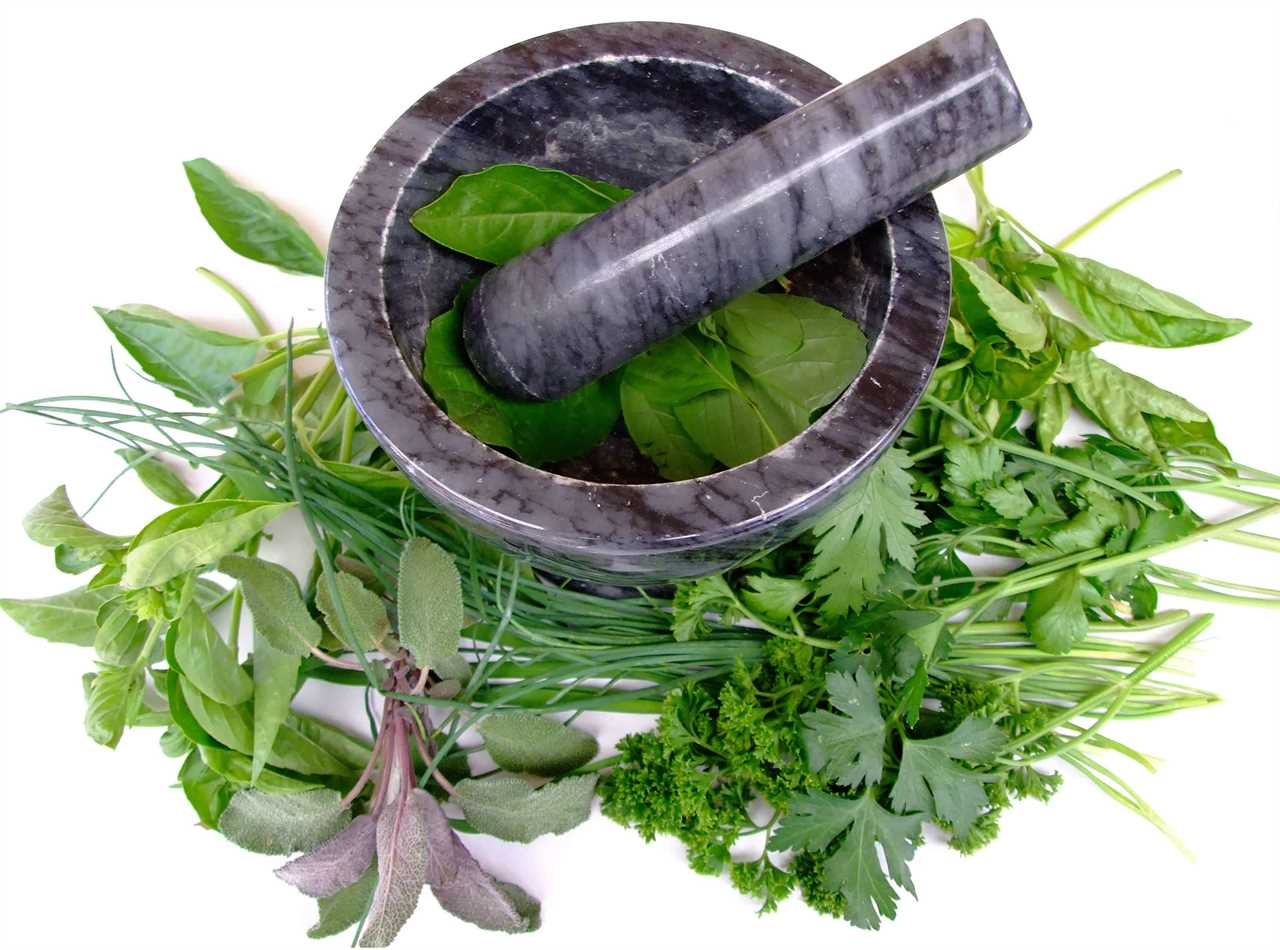 |
Tony Gebely · Tea Epicure · Taste DifferentlyA tea assessment platform that rates teas based on objective quality markers and a sensory evaluation resulting in a list of the best teas produced each year. |
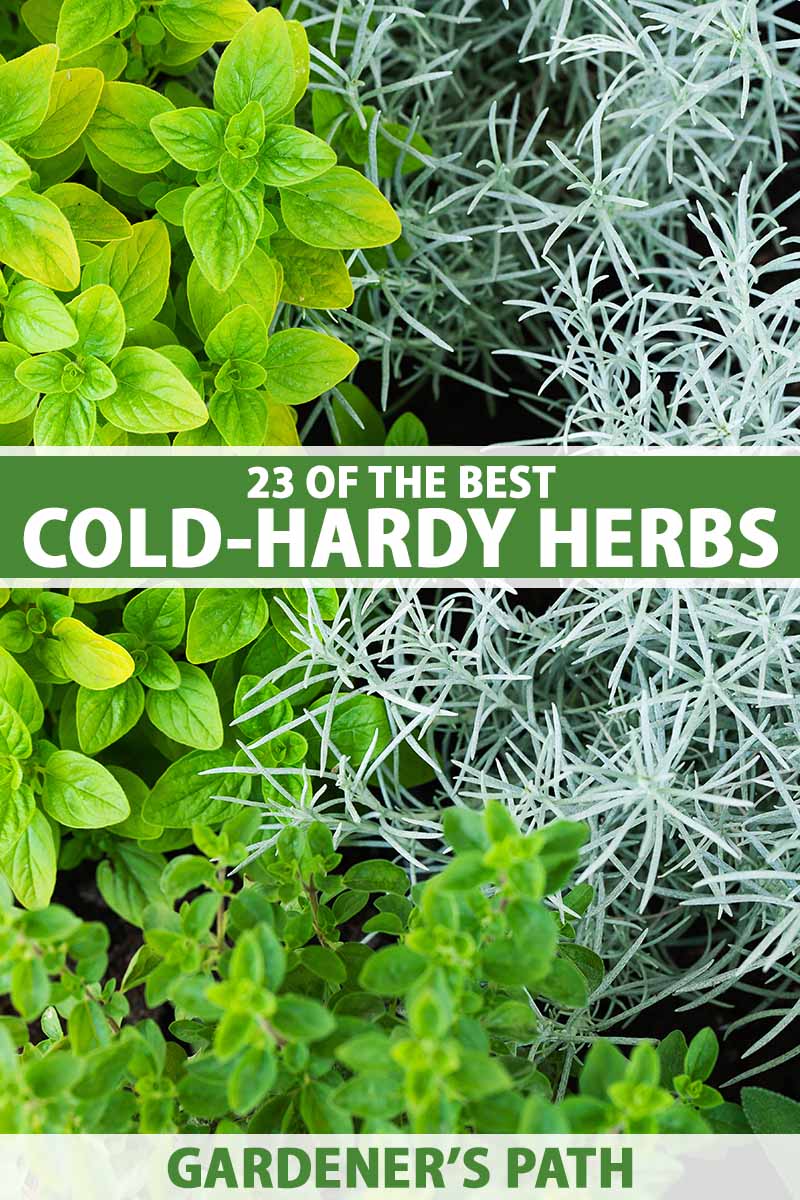 |
Motherwort Has Amazing Benefits For Your BodyMotherwort (Leonurus cardiaca) is found growing in the wild in vacant lots and gardens. It’s easy to spot as motherwort grows to a height of 5 feet and has |
.png)





